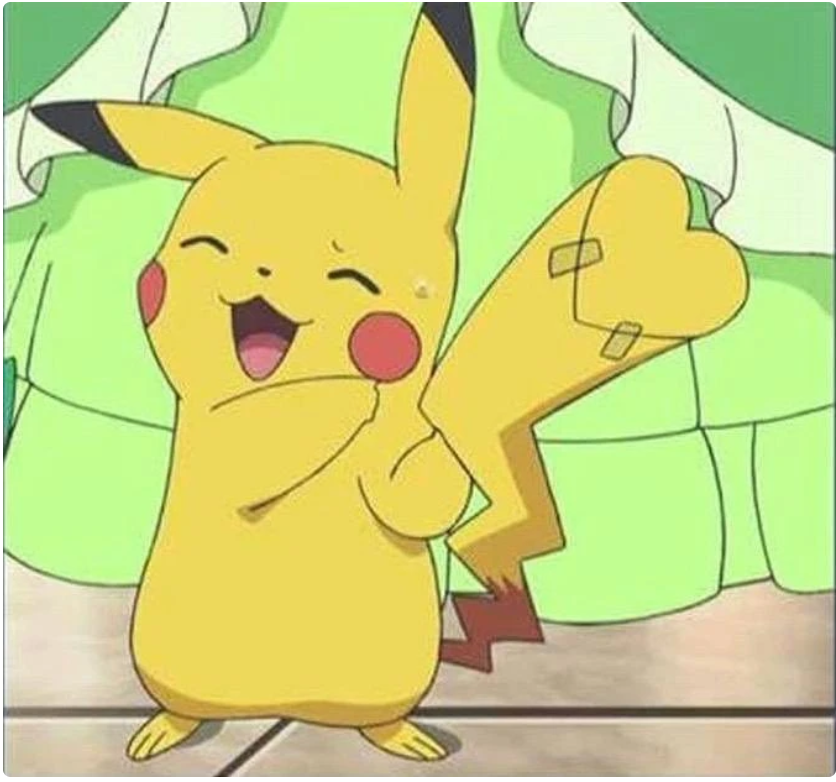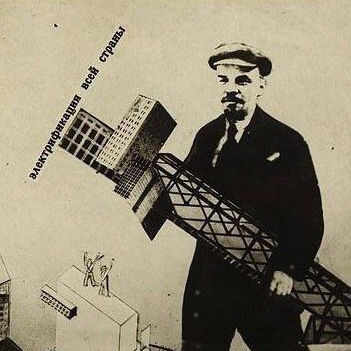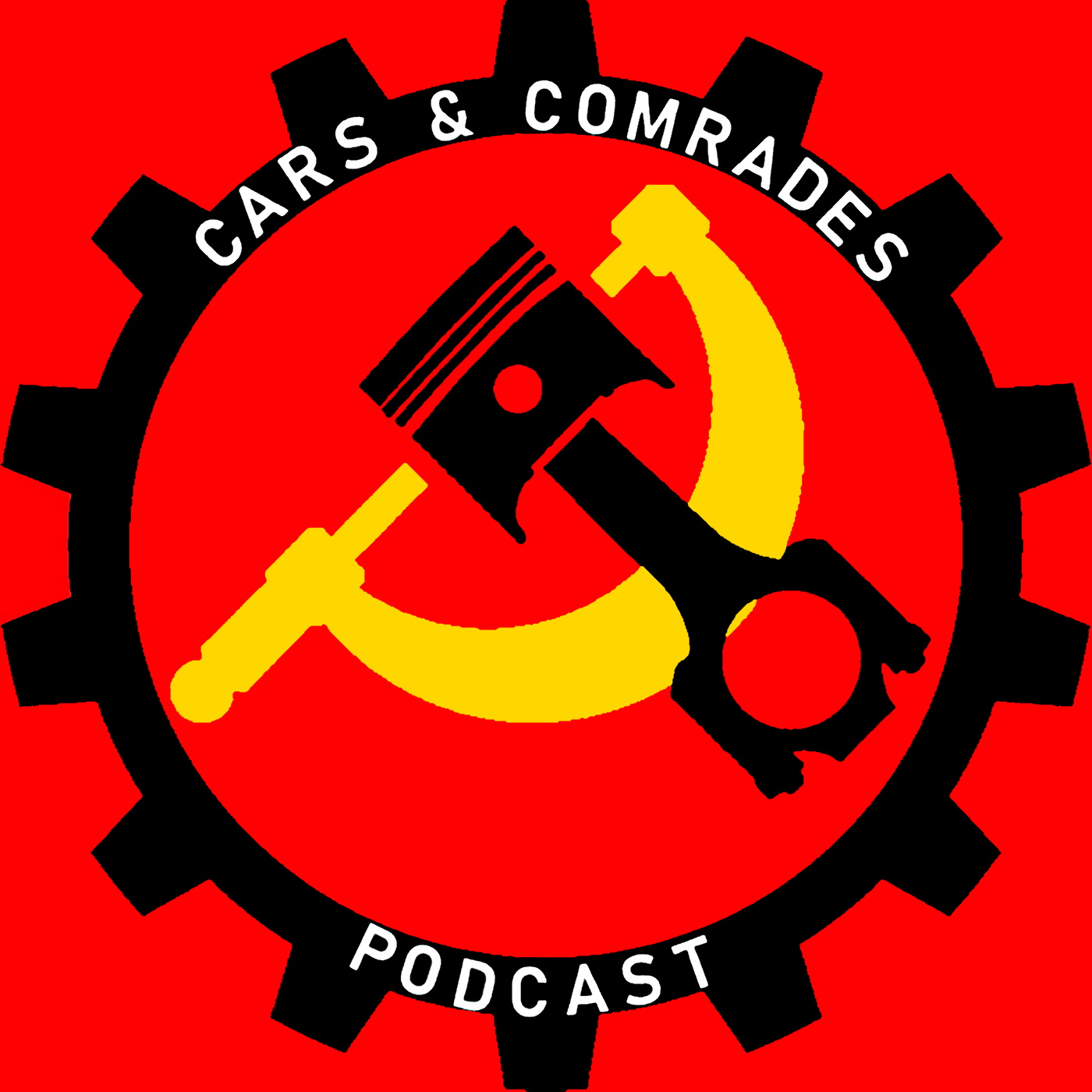While I was in rehab, I read a lot of books, some were really good, some I wasn’t really feeling.
First one was great, a book called 2 Trans 2 Furious, a collection of poems, essays, stories, and art about Fast and Furious made by trans people. I could not stop laughing at this book the entire time, the sense of humor was on point. I had never seen Fast and Furious before this, and it made me love the movie when I did eventually watch one (I watched 4, wow it’s so gay. Family.) The book has unexpected emotional moments, some decent body horror, and a lot of comedy. Would recommend. The cis people at my rehab wanted to burn it when I talked about it, so you know it has to be a good one. Check this out if you’re trans and love a good high effort shit post
Second one I read was also great. Normal Sucks by Johnathan Mooney. This book really changed how I viewed the world. It’s part personal narrative written by a person with ADHD and Dyslexia, part history lesson on the way normal came to be, part stories of the disabled. There’s a lot in this book, and it’s fantastic. I will warn, the author does use the r***** word a few times in the book, but in the context it’s being used I don’t find it offensive. Check this out if you want to be a nicer person.
Third book I read was Bible Belt Queers, a collection of art, poems, personal narratives and other such things from well queers from the Bible Belt. I was so so on this book, I found the essays and personal narratives to be really strong, but I didn’t really care for the artistic side of the book. Some of the poems were good, but most of them seemed to drag a bit, and a lot of the art didn’t really catch my eye or was too cluttered for a book page. Maybe I would have felt different about some of these if I saw them on a computer screen or a canvas, but wasn’t a fan of the art in the book. Your mileage may vary though, check it out if it sounds interesting.
Fourth was Fast Time in Palestine by Pamela Olson. The library I was at was fairly conservative, so there weren’t a lot of picks for books on Palestine that weren’t Zionist, so I picked up this one. My biggest criticism of this book is it’s written by a Midwestern American and it often shows, but as she spends more time in Palestine she seems to understand the local’s positions more and more as she sees the oppression they’re under. It’s split between her personal narrative and the stories of horrific violence her Palestinian friends had witnessed, with occasional bits of information about how the genocide is enabled by the rest of the world interspersed throughout. This book is a good read to anybody who isn’t 100 percent sure about what’s going on in Palestine, definitely one I’d hand off to lib friends, not sure if anybody here would really care for it though.
Fifth and final book is A Land with A People, a collection of essays, poems, and art from Palestinians and Jews confronting Zionism. This was a much better read than Fast Times, diving much deeper into the problems of Zionism, into its history, its effects on both a wide scale and a personal scale through both art and essays. This book is really high quality, albeit a bit hard to read as a monolingual English speaker (I was in rehab, I couldn’t Google the anglicized Arabic words, give me a break) but even with the occasional linguistic problems I still got a lot out of this book. I wouldn’t give this book to libs because it goes hard on terms like settler-colonialism, but I appreciated it actually tackling that so much. 10/10 would read again.
What should I read next? What have you read recently that’s interesting?
Has anyone got an ebook of Normal Sucks they can share?
It looks like Anna’s Archive has a copy, but it’s pdf.
Recently finished Of Mice and Men by John Steinbeck, since I found it in the English section of the local library and it looked short. I didn’t know anything about the story beforehand, but I definitely knew what was going to go happen at the end due to memes.
Now I’m about halfway through Wretched of the Earth by Frantz Fanon. Haven’t read a book before written with such righteous anger.
About 20 pages away from the end of Vincent Bevin’s Jakarta Method. Not a ton to say about the book besides it being surprisingly not that dry for something so informative. It is a good book and I would recommend it if you want to.know about US interventions and anticommunist action during the cold war. My next read is War and Peace.
2 Bi 2 Furious: https://www.youtube.com/watch?v=l2PqynUel2E
I found a YouTube link in your comment. Here are links to the same video on alternative frontends that protect your privacy:
Recently I finished The Picture of Dorian Gray, and Tipping the Velvet, both great books. The former about one of literature’s great Evil Twinks, the latter about lesbians in victorian england with themes of class conflict relevant to its setting.
I’ve also been reading One Hundred Years of Solitude and I might be stupid or something because I’m like 1/3 through it and tbh I still don’t really know what it’s supposed to be about. There are too many characters and the narrator keeps rapidly switching focus among them. Some of them die uneventfully, and for others there’s a big emotional buildup to it, which I feel like is supposed to mean something, but I just don’t get it. Also there’s a civil war that I feel like is intended to be an allusion to something IRL, but I don’t know enough about latam history to know what that could be. idk, maybe I’m overthinking it just because it’s one of those books with a big reputation 🤷♀️.
Today I started Grapes of Wrath, and I’m already hooked! Though I will say, some of the things the white sharecroppers say about indians makes me think of Settlers lol.
I’ve been absolutely binging this long, as yet unfinished, web novel called The Gods Are Bastards. The setting is a fantasy world just entering its magitech industrial revolution, and it focuses a lot on how society is handling that, while also learning why their world is the way it is (hint: the title)
Two major characters are the paladins of the goddess of war, justice, and feminism, and the god of peace and the sun. We also have a dryad, a pixie, a drow, a pirate princess, a half demon, and a possessed bard.
As the story goes on, the ensemble cast grows and they’re all great characters.
My favorite book in recent years has been Piranesi, it’s a wonderfully wimsical mystery in an abstract maze. Very comforting to read!
I was on a Vonnegut kick for a bit and read Mother Night and Jailbird. Both are a little nihilistic but quite funny. It makes me wonder why Slaughterhouse Five was the only Vonnegut I was exposed to in school because it was assigned multiple times and imo it’s just not that good.
You should take a break and read some fiction. Some light hearted fantasy.
Currently making slow work through the Autobiography of Malcolm X. It’s an amazing read, but I’ve been pulling some overtime and making cardio gains, so I mostly read a chapter every few days or so. Before that was a bunch of comics and manga, considering I was having a rough time.
What type of thing are you wanting to read? Any topic in particular?
We Want It All: An Anthology of Radical Trans Poetics edited by Andrea Abi-Karam and Kay Gabriel is good if you’re in the mood for another trans poetry book.
Transgender Marxism edited by Elle O’Rourke and Jules Joanne Gleeson is a pretty fun collection of essays, as is Susan Stryker and Stephen Wittle’s The Transgender Studies Reader.
If you want something else Palestine-oriented, Ahed Tamimi’s They Called Me a Lioness: A Palestinian Girl’s Fight For Freedom is a pretty good memoir from a young girl’s perspective (she was thrown in jail for slapping an IOF soldier back in 2018 when she was a teenager).
Nada Elia’s Greater Than the Sum of Our Parts: Feminism, Inter/Nationalism, and Palestine is a good overview at feminist movements in Palestine.
I was a big fan of El Jones’ Abolitionist Intimacies and Ardath Whynacht’s Insurgent Love: Abolition and Domestic Homicide.
Currently reading Zheng Wang’s Finding Women in the State: A Socialist Feminist Revolution in the People’s Republic of China, 1949-1964 which has been pretty interesting so far, as well as Learning in Adulthood: A Comprehensive Guide which has been hit or miss, but introduced me to the concept of Learning Cities, an educational concept that China began experimenting with in 61 locations in the early 00s (80% of Beijing’s streets had an educational centre by the end of the decade as part of this; they leveraged their administrative levels to establish Learning Families, which networked to create Learning Streets, which networked to create Learning Neighbourhoods, and then Learning Districts, on to Learning Cities (with the ultimate aim of networking Learning Cities into Learning Provinces, and thusly creating a Learning Nation). This was really interesting to read while reading Finding Women in the State, as the administrative levels here mirror those used by the Women’s Federation in the 50s to engage women throughout the country in the socialist project.










